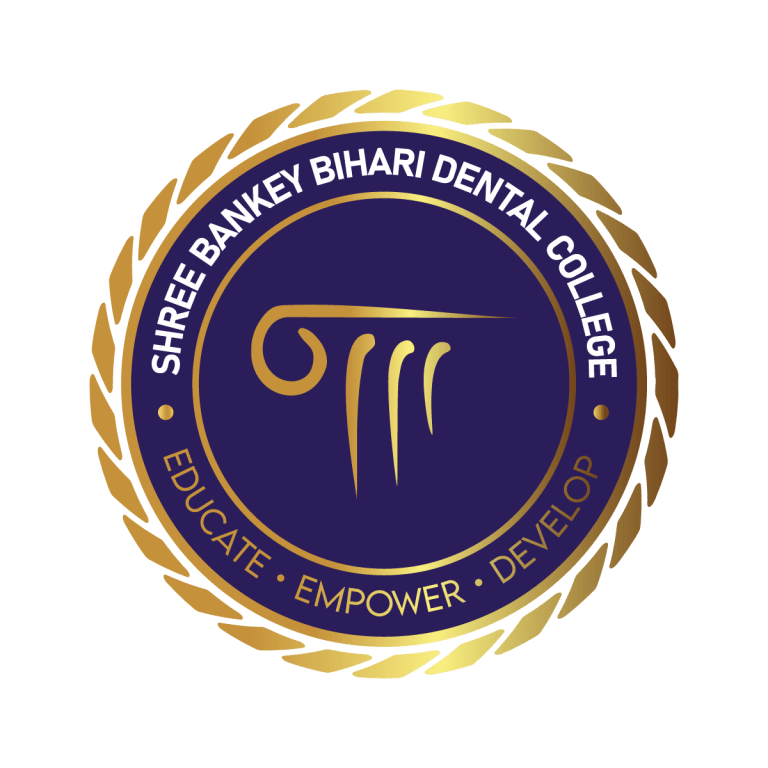Conclusion
Surviving and thriving in clinical rotations requires dedication, perseverance, and a willingness to learn. By following these tips and embracing every opportunity for growth, you can make the most of your experience at Shree Bankey Bihari Dental College, a Top Dental College in Delhi NCR and a Best Dental College in Ghaziabad and lay a solid foundation for your future career in dentistry.






FAQs
How long do clinical rotations last?
Clinical rotation durations can vary depending on the dental college's curriculum, but they typically span several weeks to months per rotation.
Can international students participate in clinical rotations?
Yes, many dental colleges welcome international students to participate in clinical rotations as part of their educational exchange programs or international student initiatives.
How are clinical rotations graded?
Clinical rotations are typically graded based on various factors, including clinical performance, patient care skills, professionalism, and adherence to ethical standards.
Are clinical rotations mandatory for dental students?
Yes, clinical rotations are usually mandatory components of dental education programs, as they provide essential hands-on training and practical experience for students.
Can clinical rotations lead to job offers?
While clinical rotations themselves may not directly lead to job offers, they provide students with valuable experiences and networking opportunities that can enhance their employability and increase their chances of securing job offers upon graduation.
How should I dress for clinical rotations?
Dress in clean, professional attire that adheres to the clinic's dress code policies. Avoid overly casual clothing or accessories that may pose safety hazards.
What should I do if I make a mistake during a procedure?
Acknowledge the mistake, inform your supervisor immediately, and work together to rectify the situation. Make a note of it and learn from it to improve your skills.
How can I balance my clinical duties with coursework and personal life?
Prioritize tasks, create a schedule, and communicate with your peers and supervisors about any challenges you may be facing. Ask for help whenever in need.
How do I handle conflicts with peers or supervisors?
Approach conflicts with professionalism and open communication. Listen to the other party's perspective, seek a resolution collaboratively, and focus on maintaining a positive working relationship.
What should I do if I feel overwhelmed or stressed during clinical rotations?
Reach out for support from peers, faculty, or counseling services available at the college. Take breaks, focus on self-care when stressed, and ask for help if in need.